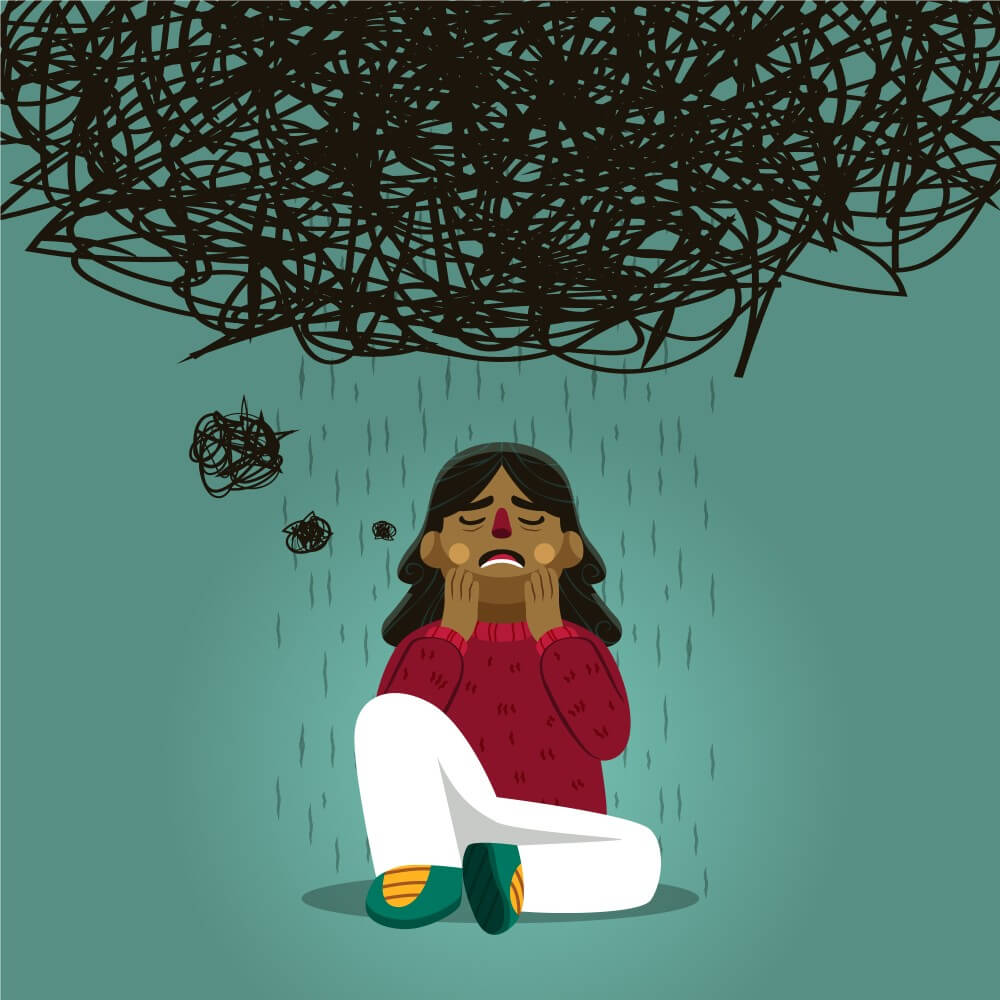When I first embraced Self‑Reg, I was searching for hope
I remember holding the book like a lifeline, desperate for anything to explain why my child and I were collapsing under daily pressures. Stuart Shanker promised a way out:
“Self‑Reg starts by reframing a child’s behavior…and our own. It means seeing the meaning of the child’s behavior, maybe for the first time” .
Stuart Shanker, SElf Reg
It felt tender, hopeful—until I realised the framing quietly asked us to control and calm ourselves to fit a system that remained unchanged.
What the framework offered—and what it assumed
Shanker offers a map through five stress‑domains: biological, emotional, cognitive, social, prosocial, and a five‑step path: read signs, identify stressors, reduce stress, reflect, respond. It felt practical, promising a gentler way through behavioural storms.
But the model assumes regulation as the end. It suggests that insight and self‑management equate to well‑being, while minimising how much environments—schools designed for compliance, sensory hostile classrooms, invisible austerity—shape our distress. It quietly whispered: fix the individual rather than challenge the system.
And I desperately tried to fix myself. And assumed that part of maturing for my children would be also learning to self regulate like the book said.
-
Anxiety is not an overreaction: why neurodivergent distress demands a different response
There is a kind of anxiety that rises up like a wave—not sudden, not irrational, not the result of faulty thinking or poor coping, but steady, cumulative, and earned. A body that has learned the world is not safe, not soft, not designed…
Environmental care is care, not shortcut
I now believe in shaping spaces rather than shaping souls. Shanker charts out biological stressors—poor sleep, noise, hunger—yet it still centres on identifying and reducing them within the child. Rarely does it demand the classroom, the school system, the parent culture to change. The tools remain internal. And yet, sometimes all one needs is less input, not more peeling back of interior layers.
Grief, somatic grounding, writing: my ways through
You don’t have to analyse every trigger or zone. You can breathe. You can write. You can weep. You can sit in your body and whisper that grief isn’t something to fix. It is something to honour. Self‑Reg may teach emotional differentiation, but what if we taught emotional embodiment? What if the body held the primary truth, not the categories?
When regulation becomes performance
Shanker writes:
“By far the most interesting finding is that individuals’ performance can be manipulated by increasing the stress they’re under”
Stuart ShankeR, SElf Reg
That feels like an admission: the model can be weaponised. We might mask, perform calm, keep the respirator of compliance rolling. The risk is children and parents tuning out their own needs. The pressure to regulate becomes another layer of management.
-
The cost of compliance – the foundational critique and case for change
When children are dysregulated, the response from educators is too often punitive. For neurodivergent students in particular, the cost of these responses is high: shame, trauma, social exclusion, and a deep erosion of trust. But it does not have to be this way.…
You are allowed to outgrow what helped
All the Shanker evangelists will probably come for me, saying that I’ve misunderstood what Self-Reg really means—that if only I had read more deeply, or applied the framework more faithfully, or surrendered more of myself to the five steps, I would have found the relief I was seeking. But I want to tell them plainly, with no defensiveness, only the weight of truth held in an open palm: I did not misunderstand Self-Reg. I understood it in the marrow. I took it seriously, wholly, with a cracked open heart and a body that could barely hold the charge of what I was enduring. I brought my whole self to it, and it asked me to bring even more.
But the longer I stayed in the model, the more I felt myself being drained—not of stress, but of sovereignty. Because Self-Reg invited me to analyse everything, to police: my body, my child, our dynamic, our environment. It offered me a language of stress and safety, but it required me to stay constantly alert. It asked me to change quietly. It asked me to keep breathing through every insult to our dignity. It asked me to map the terrain of distress instead of naming the system that produced it. It offered strategies instead of solidarity. It gave me the language of regulation, but it could not give me rest.
And I guess I just gave up—on sacrificing the pounds of flesh and emotional labour it required of me—because my maternal rage boiled so strong that I had nothing left to sacrifice. I had already given my calm, my softness, my composure, my self-control. I had already swallowed the meetings and softened the emails and narrated the stressors and journaled the meltdowns and whispered co-regulatory scripts through clenched teeth in the grocery store parking lot. I had already turned my panic into reflection and my grief into pedagogy and my child’s distress into data. I had nothing left. And still the harm kept coming.
I do not wish to be bound by that kind of framework anymore—the kind that mistakes insight for healing, the kind that frames compliance as maturity, the kind that demands so much regulation from the already exhausted that nothing is left for rebellion, for rest, for rupture, for truth.
Just a Parent
I once needed a script. Fives domains for hope. But love doesn’t require performance. Presence doesn’t demand analysis. A body craving safety doesn’t care for clarity: it cares for stillness, for space, for earth beneath its feet, for word spilled onto paper. You are never too old or too wise or too broken or too angry to honour that.
You are allowed to choose rest over refinement. You are allowed to choose grief over strategy. You are allowed to choose truth over tools.
-
Non-coercive, trauma-informed alternatives to PBS/ABA in BC schools
Positive Behaviour Support (PBS) and Applied Behaviour Analysis (ABA) are behaviourist approaches widely used in schools to manage student behaviour. However, a growing chorus of neurodivergent advocates, educators, and researchers highlight that these methods often prioritise compliance and “normalising” behaviour over student well-being rcpsych.ac.uk. By focusing…










